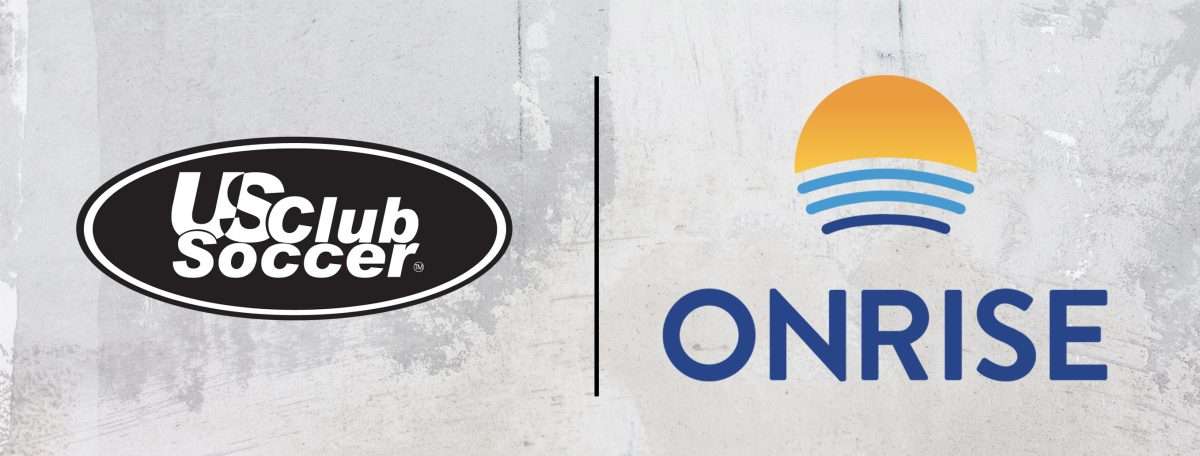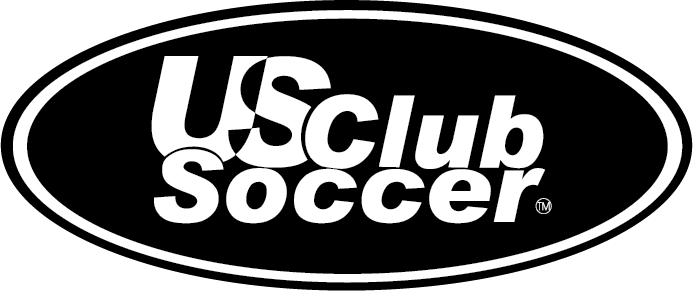How to have tough conversations as a coach and player (via Onrise)
Editor’s Note (March 18, 2024): This article was submitted by Onrise, which US Club Soccer has partnered with for ongoing educational resources related to mental health. The author, Tasha Saunders, is the VP of Player Care at Onrise. Tasha has her Player Care Certification and has completed training in Mental Health First Aid training for Adults and Youth. She grew up playing competitive soccer and continued her career at Sewanee as a four-year starter.
Tough conversations are a skill finessed over the course of a lifetime. The older you get, the more experience you have with tricky conversations, but they don’t always get easier. Here are some tools to help you navigate tough conversations as a coach and player.
Some of the best guidelines to use when going into tough conversations are:
- Give grace
- Seek understanding
- Assume best intent
- Listen to understand
When we assume the best intent in someone, we are going into a conversation with the hopes of walking away from it on a better foot. When we’re not assuming best intentions, we are often going into the conversation looking for a “gotcha” moment. Assuming the best intentions also means giving grace. When we are worked up about a situation, we often say things we don’t mean because feelings are elevated. Give the other person the chance to share how they feel and the ability to take back a statement if that isn’t what they truly meant.
When we listen to understand, this can best be practiced by not speaking for the other person. If you’re having a hard time understanding what they truly mean, before responding, check with them, “What I think I heard you say was _____; is that what you meant?”
Having these guidelines going into a tough conversation can lead towards a positive outcome where both parties are on the same page.
Players, when having a tough conversation with your coach, choose a good time to speak with them – usually after practice. Ask your coach if you can walk and talk. When you’re able to walk with them, you can get some space from your team, but it can also help with nerves. When you’re walking, you don’t have to focus as much on looking your coach in the eyes, or thinking about whether or not you look nervous. Start with what is on your mind. Try your best to state the facts that you know, state what you are trying to understand, and then allow them to share their side. For example, “Coach, I wanted to speak with you about the game last weekend. Is now a good time to walk and talk about this? I am trying to understand why I did not play in the game. I showed up to every practice, and I have been trying my best.” From here, instead of getting into all the little details, or sharing what other players may have done, stick with what was in your control. Utilize “I” statements: “I am trying to understand why I did not play in the game last weekend. I showed up to every practice. I have been trying my best.” Once your coach shares their answer, make sure you have next steps. You can ask as follows, “Thank you coach, I now better understand what happened. What can I do better next time?”
Players, also make sure to give your coaches grace. Especially in the older recruiting years, there may be a lot of reasons that you don’t know about that a coach cannot share with you yet. During a tournament my junior year, a college coach came to watch me play but only my coach knew about it. I was not told until after the game that the coach was there. At the start of the game, I was told to play a different position (so that the coach could watch me at that spot and to see my ability to be a versatile player). Initially, I was frustrated with the coach’s choice to play me on the outside, but in hindsight, I realized that it was a decision made for my benefit. Give your coaches grace, and when going into a tough conversation, seek understanding.
Coaches, address the best ways and times for your team to speak with you. Would you prefer they talk to you before a practice session or after a practice session? Would you prefer they call you? If so, at what times? Depending on the age, are these conversations parents should also be involved in? Coaches can also utilize the walk-and-talk method. Conversations are much easier for athletes when they aren’t having to sit down across from you and speak with you. Think about the tough conversations that you have had; it’s much easier to do them sitting next to each other in a car or basketball game than looking across the dining room table. The walk-and-talk method is a great way to also publicly have a one-on-one conversation with an athlete.
Overall, when we let a situation build up, it becomes worse. When we take a substantial amount of time between the event and addressing it, our brains become incredibly anxious and can create negative thought patterns. When we start thinking about all the possible “what if” scenarios, we make the situation worse. When we replay the problem in our head and imagine the worst-case scenarios, it further exacerbates the stress and anxiety. Take one night to sleep on the problem; then, address it as soon as possible.
Remember: give grace, seek understanding, assume best intent, and listen to understand.
ABOUT ONRISE
Onrise is a compassionate player care and mental health company. We are a place where retired athletes and clinicians unite to revolutionize athlete mental health care. At Onrise, we believe that everyone needs efficient strategies to cope with mental challenges both on and off the field. From game day to a big test day, our mission is to ensure that athletes have access to high-quality athlete to athlete support, therapy, and psychiatric care, regardless of their circumstances. Check out our website for more information.
ABOUT US CLUB SOCCER
A National Association member of the U.S. Soccer Federation, US Club Soccer fosters the growth and development of soccer clubs in order to create the best possible environment for players of all ages.
Anchored by Players First and its pillars of Club Development, Coaching Development, Player Development, Referee Development, Parent Engagement and Player Health & Safety, US Club Soccer offers registration, league- and cup-based competition platforms, player identification and a variety of other programming, resources and services.
US Club Soccer is sponsored by Nike, DICK'S Sporting Goods and Gatorade.
usclubsoccer.org | App | Instagram | Facebook | X | YouTube |



